FAQS
Patients
Depression is a clinically recognized mental health disorder characterized by persistent symptoms such as low mood, loss of energy, reduced interest in activities, sleep disturbances, and changes in appetite. According to the World Health Organization (WHO), depression is a leading cause of disability worldwide, affecting approximately 5% of adults.
Neurobiological research has shown that depression involves functional and structural changes in brain regions like the prefrontal cortex, hippocampus, and amygdala, as well as dysregulation of the autonomic nervous system. Identifying these alterations through electrophysiological biomarkers can improve our understanding of the condition and aid in developing personalized treatment strategies.
Standard treatments for depression include:
- Psychotherapy (e.g., cognitive-behavioral therapy, CBT), which helps patients develop tools to manage thoughts and behaviors.
- Pharmacotherapy using antidepressants, such as SSRIs or SNRIs, which modulate neurotransmitter systems.
- Combination therapy, which often demonstrates superior efficacy in moderate to severe cases.
Despite these options, approximately 40-50% of patients do not respond to their initial treatment. This highlights the need for objective tools like biomarker-based predictions to guide more efficient, personalized care.
Depression treatment often relies on a trial-and-error approach, as the response to therapy is highly individual. Key challenges include:
- Delayed therapeutic effects: Most antidepressants require 2-6 weeks to show improvement.
- High non-response rates: Up to 50% of patients do not respond to the first prescribed treatment, prolonging the recovery process.
This delay impacts patients’ well-being and increases healthcare costs. Tools that incorporate electrophysiological biomarkers can help guide clinicians toward the most appropriate treatment, optimizing outcomes.
DeepPsy uses quantitative EEG (qEEG) and ECG analysis to identify electrophysiological biomarkers associated with treatment response in patients with depression. By applying advanced machine learning algorithms, DeepPsy generates a report that predicts the likelihood of response to various approved treatment options.
This personalized approach enables clinicians to make data-driven decisions, potentially reducing treatment delays and improving clinical outcomes.
Yes. DeepPsy adheres to strict safety and data privacy standards:
- Non-invasive approach: DeepPsy analyzes EEG and ECG data already collected through standard clinical procedures.
- Privacy and security: All data is anonymized and stored on secure servers in Switzerland in compliance with GDPR and Swiss data protection laws.
Medical device standards: DeepPsy is undergoing certification as a medical device in Switzerland and the European Union, ensuring compliance with ISO 13485 quality standards.
DeepPsy analyzes electrophysiological signals (EEG and ECG) to extract biomarkers that are scientifically linked to depression and treatment response. Specifically:
- EEG biomarkers reflect the brain’s electrical activity. These include:
- Frontal Alpha Asymmetry: An imbalance in alpha power between hemispheres, associated with mood regulation and depression severity.
- Alpha-Peak Frequency: Slower peak frequencies are linked to cognitive dysfunction and treatment resistance.
- EEG Vigilance: Patterns of brain arousal states associated with response to certain antidepressants.
- ECG biomarkers measure heart rate variability (HRV), which reflects the balance of the autonomic nervous system (ANS). Reduced HRV has been observed in individuals with depression and may predict treatment response.
By analyzing these biomarkers, DeepPsy provides a comprehensive report that assists clinicians in selecting the most appropriate therapeutic approach.
The cost of a DeepPsy analysis is covered by the basic health insurance in Switzerland.
Depression is one of the most studied mental health conditions in biomarker research. Numerous studies have demonstrated that EEG and ECG biomarkers can provide insights into brain function and autonomic regulation that are relevant for predicting treatment outcomes.
DeepPsy focuses on depression to address a critical clinical need: improving treatment selection and reducing the trial-and-error process. Future developments will extend this approach to other neuropsychiatric conditions, such as:
- ADHD (predicting response to stimulant medication).
- Psychosis (early risk identification).
- Anxiety and mood disorders.
An EEG (electroencephalogram) is a non-invasive method that measures the brain’s electrical activity through sensors placed on the scalp. EEG captures brainwave patterns, such as alpha, beta, theta, and delta oscillations, which reflect brain function and states of arousal.
In psychiatry, EEG has been used to identify biomarkers associated with cognitive and emotional processes. For DeepPsy, EEG data is collected while the patient is in a resting state (relaxed with eyes closed), ensuring standardization and reproducibility.
An ECG (electrocardiogram) measures the electrical activity of the heart, providing information on heart rate and rhythm. DeepPsy focuses on analyzing heart rate variability (HRV), which reflects the balance between the sympathetic and parasympathetic nervous systems.
Studies have shown that HRV is reduced in patients with depression and may be predictive of treatment outcomes. Combining ECG data with EEG analysis allows for a more comprehensive understanding of brain-body interactions.
EEG and ECG recordings are routinely performed in:
- Neurology or psychiatry practices.
- Hospitals or specialized diagnostic centers.
If your physician does not have direct access to EEG/ECG equipment, they can refer you to a clinic or specialist for data collection. The data can then be securely uploaded to DeepPsy for analysis.
DeepPsy identifies validated electrophysiological biomarkers linked to depression and treatment response, including:
- Frontal Alpha Asymmetry: Imbalances in frontal alpha power, linked to mood dysregulation and treatment outcomes.
- Alpha-Peak Frequency: A slower alpha frequency is associated with cognitive slowing and treatment resistance.
- EEG Vigilance: Changes in brain arousal states that predict responses to antidepressants.
- Heart Rate Variability (HRV): A measure of autonomic nervous system activity, where lower variability is associated with stress and depression severity.
These biomarkers are combined through advanced algorithms to provide objective and individualized insights for clinicians.
Professionals
DeepPsy analyzes EEG and ECG data to identify biomarkers that predict treatment outcomes. Our methods are rooted in peer-reviewed neuroscience. We complement clinical judgment by providing probabilistic insights that improve treatment selection, reducing trial-and-error.
DeepPsy’s biomarkers have been tested in large, diverse patient populations, showing high predictive accuracy and reliability. We collaborate with leading academic institutions and hospitals to conduct blinded validation studies. Continuous improvements to our algorithms ensure evolving accuracy.
DeepPsy offers probabilistic guidance, not guarantees. While psychiatric illnesses are multifactorial, our insights improve the odds of selecting effective treatments, complementing broader clinical assessments.
While our algorithms are proprietary, we prioritize transparency. We share summaries of the scientific principles and features used, publish validation studies, and adhere to ISO13485 standards. Independent audits are also welcomed to verify our methods.
Yes, DeepPsy accelerates treatment decisions, improves patient outcomes, and reduces healthcare costs by minimizing ineffective therapies. Our system integrates seamlessly into existing workflows for clinics and hospitals.
We provide standardized data collection protocols and training programs to ensure consistency in measurements and interpretations.
Our reports are designed for clarity, offering concise summaries and actionable recommendations. Intuitive graphs and dashboards are included, along with expert support for further clarification.
We offer tiered pricing and affordable packages to accommodate clinics of varying sizes. Partnerships with insurers are in development to integrate DeepPsy into reimbursable care pathways. The system requires minimal infrastructure, making it usable even in resource-limited settings.
DeepPsy regularly publishes study results in high-impact journals and collaborates with academic leaders to build credibility. Case studies and white papers are shared to highlight clinical utility and real-world impact.
Get the newsletter
Invest in more precise and effective mental health.


